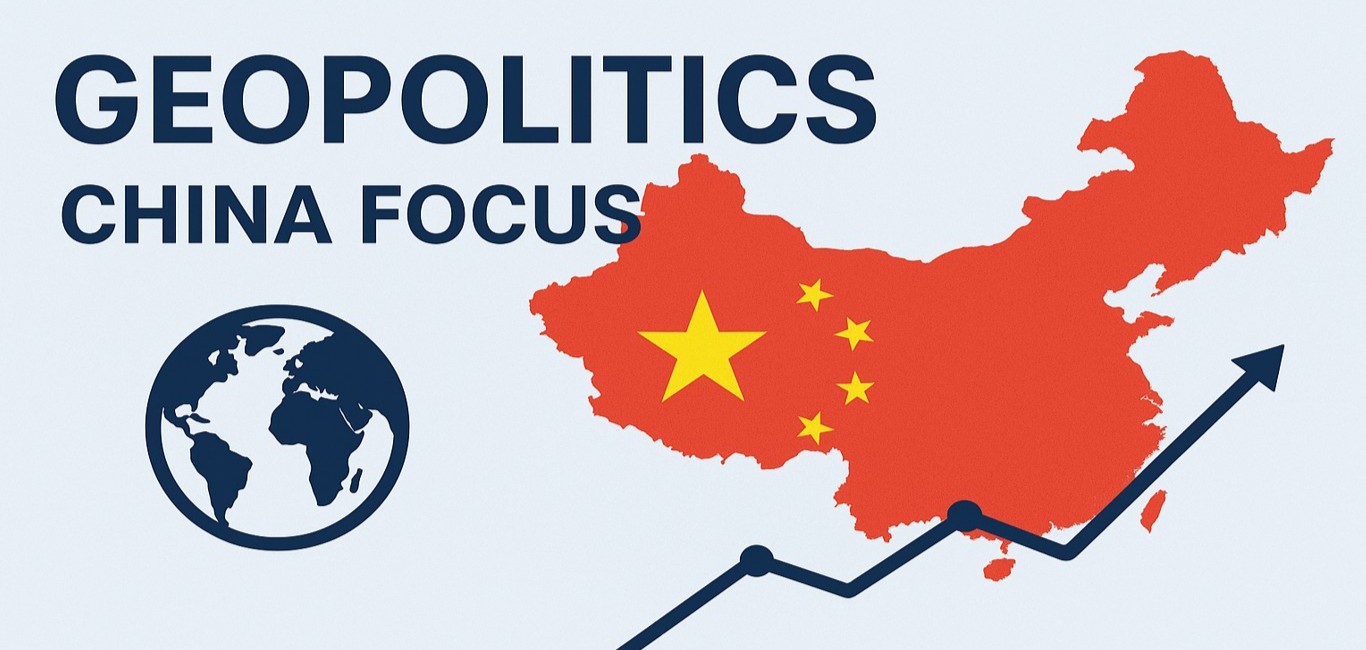
Geopolitical Monitoring
In China’s fast-changing political and economic landscape, foresight is not a luxury—it’s a necessity. Our China-Focused Geopolitical Monitoring service equips you with timely, actionable intelligence on the trends, policies, and events that shape your operating environment.
We track key developments in government policy, trade relations, economic stability, and regional security. We translate complex geopolitical signals into clear business implications. Whether you are managing investments, mitigating risk, or identifying growth opportunities, we provide the context and clarity you need to act with confidence.
By combining continuous monitoring with expert analysis, we help you anticipate change, adapt strategies, and stay ahead in one of the world’s most dynamic and strategically significant markets.
Our China-focused geopolitical monitoring provides early warning, deep contextual analysis, and strategic guidance to support you anticipate policy and market shifts, mitigate operational and investment risks and make informed decisions in a highly dynamic China-related geopolitical environment.
- Monitoring of legislative, regulatory, and policy changes in target markets and regions.
- Assessment of political stability, government priorities, and leadership changes.
- Evaluation of trade policies, tariffs, sanctions, and diplomatic relations that could impact market access or supply chains.
- Analysis of macroeconomic indicators such as GDP trends, inflation, interest rates, and currency stability.
- Monitoring of fiscal and monetary policy shifts, including their potential impact on investment climate and consumer demand.
- Identification of geopolitical factors influencing commodity prices and resource availability.
- Tracking disruptions in global supply chains due to political tensions or regulatory changes.
- Mapping geopolitical influences on trade routes, logistics hubs, and transport corridors.
- Identifying alternative sourcing or market entry options in response to geopolitical shifts.
- Customized monitoring of political and regulatory developments affecting specific industries.
- Early-warning alerts for sector-specific risks or opportunities.
- Analysis of state-led industrial policies, investment incentives, and strategic resource allocation.
- Provide ongoing analysis of U.S.–China trade, technology, and security relations.
- Monitor policy changes, negotiations, and potential flashpoints in bilateral ties.
- Evaluate the global impact of competition and cooperation between major powers.
- Track new BRI projects, partnerships, and financing arrangements.
- Assess geopolitical and economic implications for participating countries.
- Evaluate risks and opportunities for foreign investors engaging with BRI projects.
- Monitor China’s security posture in the South China Sea and East China Sea.
- Assess cross-strait dynamics with Taiwan, including political, economic, and military developments.
- Track regional security alliances and their implications for China.
- Develop best-, base-, and worst-case geopolitical scenarios for China’s external relations.
- Quantify potential impacts on trade, investment, and supply chains.
- Recommend strategic responses to mitigate identified risks.
